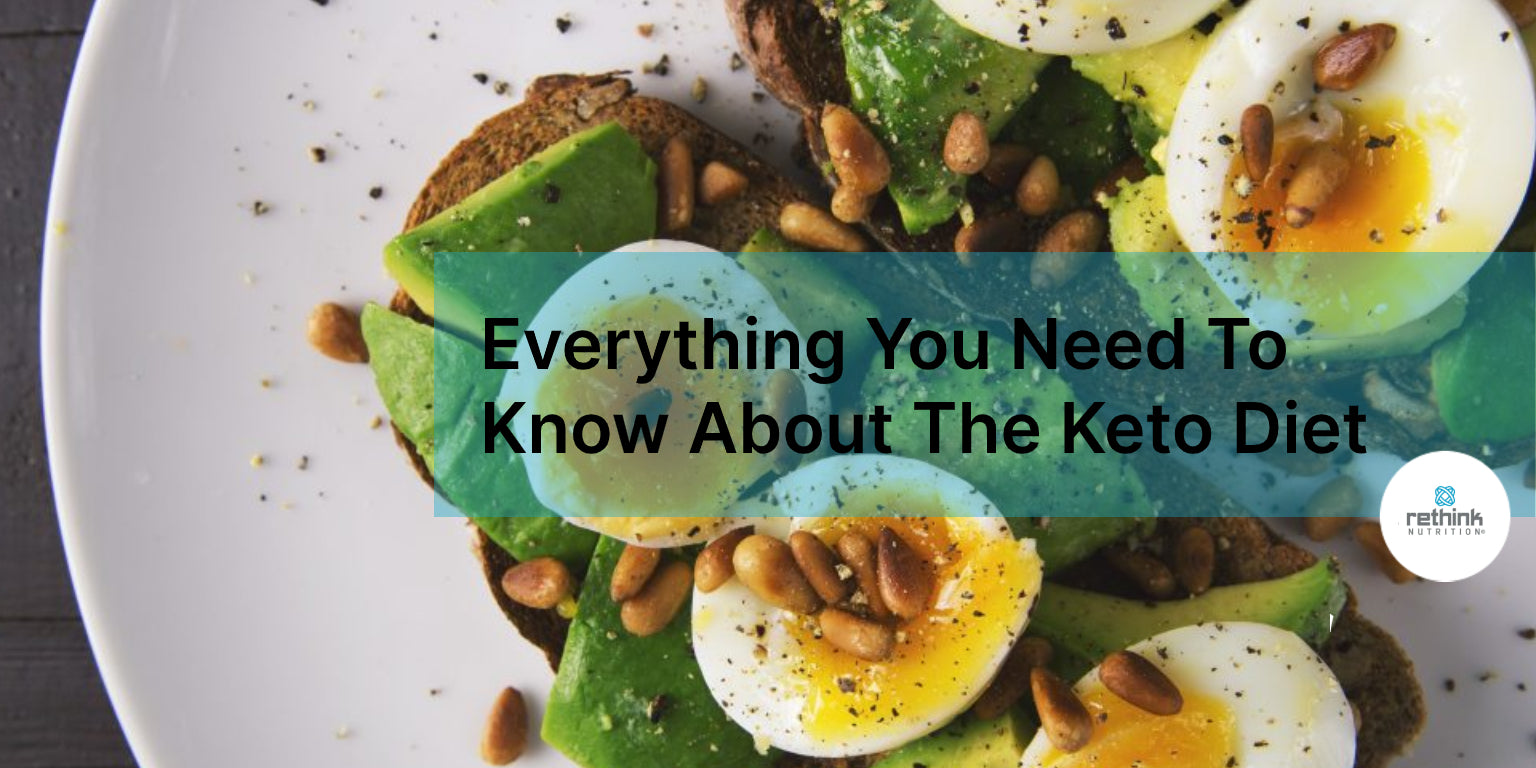The low-carbohydrate keto program was once again titled the most famous diet in the US by a survey conducted of professional dietitians. It's fat and loads of it to operate this diet, all the way up to a many 90 percent of one's daily calories.
With before and after images, its fans and advertisers in social media, attributing the diet for life-changing weight loss or other impacts. Without their best friend: the bun, they wiggly butter into their coffee, load it up on cheese and consume lonely burgers. Once the body starts to burn fat rather than glucose as its primary energy source, essentials like whole grains, legumes, fruit, and starchy vegetables are majorly driven off the plate as devotees aspire for ketosis.
What is a keto diet?

The ketogenic diet focused on the idea that by diminishing the body of carbohydrates, which are its primary energy source, you will force the body to burn fat for energy, thus optimizing weight loss. Once you eat foods that contain carbohydrates, the body transforms those carbohydrates into glucose, or blood sugar, which it then utilizes for power.
Since glucose is the easiest energy source for the body to use, it's first used for energy before the body switches to stored fat for food.
On a ketogenic diet, you must limit carbohydrate intake so that the body must start breaking down fat for energy. As this happens, fat is broken down in the liver, thus producing ketones, which are by-products of the metabolism. The body will then use these ketones to fuel the body in the absence of glucose.
What are the various kinds to consider with keto diets?

Several variations of the ketogenic diet exist, such as:
Standard ketogenic diet (SKD): It's a deficient carb diet, medium protein diet, and high fat. Usually, it comprises 70% fat, 20% protein, and just 10% carbs.
Cyclical ketogenic diet (CKD): This plan includes cycles of higher carb reeds followed by two high carb days, including five ketogenic days.
Targeted ketogenic diet (TKD): This plan provides carbs added around exercises.
High protein ketogenic diet: This contains more protein than a regular ketogenic diet. Often, the ratio is 60% fat, 35% protein, and 5% carbs.
Studying the standard and high protein ketogenic regimens rigorously helps. However, more sophisticated techniques are cyclical or aimed ketogenic diets, mainly used by bodybuilders or athletes.
For the most part, this article's content applies to the standard ketogenic diet (SKD), although the other variants also use many of the same concepts.
What are the health benefits of keto diet?

The ketogenic diet began as a method for the treatment of neurological diseases like epilepsy.
Research has now demonstrated diets can benefit from a wide variety of different health issues:
Heart disease. Risk factors such as body fat, HDL (acceptable) cholesterol levels, blood pressure, and blood sugar can help boost a ketogenic diet.
Cancer. The diet is currently being investigated as an alternative cancer treatment, as it may help delay tumors' growth.
Alzheimer's disease. The keto diet can help minimize and delay the progression of Alzheimer's disease symptoms.
Epilepsy. Evidence has shown that in epileptic patients, a ketogenic diet can cause a substantial decrease in seizures.
Parkinson's disease. Although further study is necessary, one study showed that the diet improved Parkinson's disease symptoms.
Polycystic ovary syndrome. Insulin levels, which may play a significant role in polycystic ovary syndrome, may be lowered by a ketogenic diet.
Brain injuries. Some research indicates that traumatic brain injuries may boost the outcomes of the diet.
Bear in mind. However, that research into all of these fields is far from definitive.
The diet is praised for falling pounds, consuming more calories, decreasing appetite, controlling diabetes, controlling drug-resistant epilepsy, raising blood pressure, and lowering cholesterol, as well as triglycerides, the body's essential type of fat storage. Enhanced concentration has been reported by people, too.
The keto diet tends to produce quick results: it might seem that the first pounds fall off. It may be seductive, but it is possibly the weight of water. Then it's down to energy in minus energy out, dietitians say.




